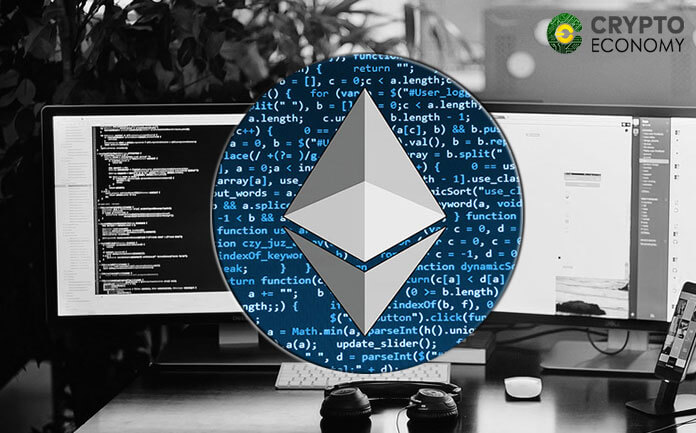In the last month of August 2019, the Ethereum core developers finalized a list of six different code changes to be activated for Ethereum’s next system-wide upgrade, Istanbul. There were six Ethereum Improvement Protocols or EIPs for this hard fork.
The Istanbul hard fork is set to happen in October of this year, with the test net scheduled to take place next month. Still, only two clients have implemented these Ethereum Improvement Protocols (EIPs).
The excepted Ethereum Improvement Protocols (EIPs) are:
- EIP-1108: Reduce alt_bn128 precompile gas costs
- EIP-1344: ChainID opcode
- EIP-1884: Repricing the trie-size-dependent opcodes
- EIP-2028: Call data gas cost reduction
- EIP-152: Blake2 compression function F precompile
- EIP-2200: Rebalance net-metered SSTORE gas cost

In terms of implementing the EIPs in Ethereum clients, only Go Ethereum [Geth] and Pantheon have implemented all the six protocols. Parity has merged one EIP, Aleth has three, Trinity has four, and Nethermind has merged two EIPs so far.
Tim Beiko, Product Manager at PegaSys Protocol Engineering, in two separate tweets, said:
“First up is @PegaSysEng’s Pantheon, which has implemented all EIPs (to the best of the spec!). Geth also has everything implemented. They also implemented the Istanbul configs so people can play around with it. They’ve also merged in ReTestEth support, as well as an option to run the Istanbul EVM and a protective flag in case Istanbul needs to be postponed.”
Istanbul hard fork will be executed in two parts. In the first part, these six Ethereum Improvement Protocols (EIPs) will be implemented is tentatively expected to execute on Ethereum mainnet this October. The second part which is expected to be implemented at the start of next year will feature EIPs requiring further testing and deliberation from core developers.
The original date for launching for Istanbul’s testnet activation was 14 August, but an official said that the target needed to be pushed back two weeks in order to give developers time to finalize the list of EIPs going into Istanbul Part 1.
Ethereum is a global, open-source platform for decentralized applications. On Ethereum, one can write code that controls digital value, runs exactly as programmed, and is accessible anywhere in the world while Go Ethereum (Geth) is one of the three original implementations, along with C++ and Python, of the Ethereum protocol. It is written in Go, fully open source and licensed under the GNU LGPL v3.
Pantheon is the high-performance hosting platform where marketers and developers build, host, and manage their most important websites.










